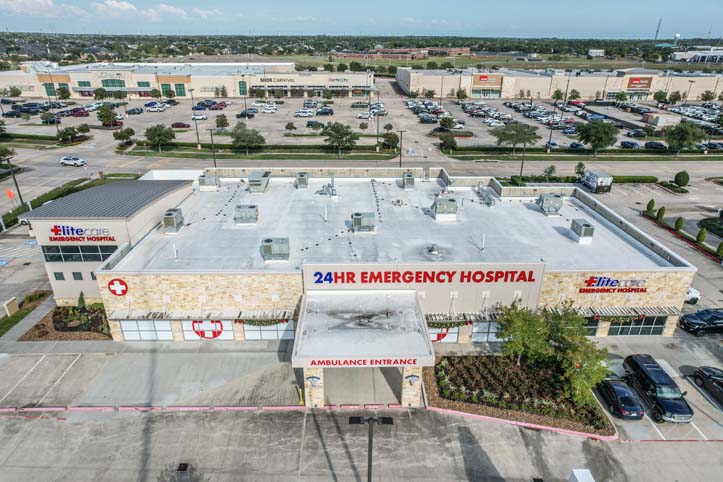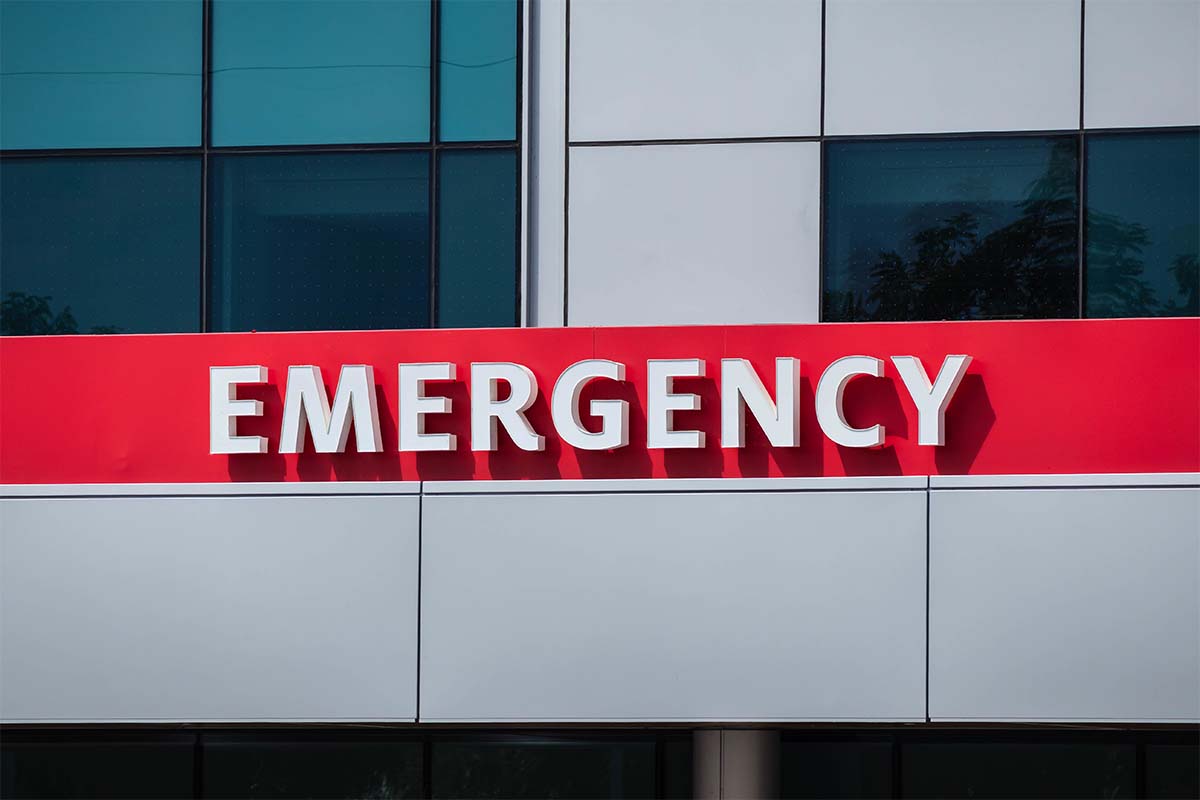
A collapse—your legs suddenly give way and you fall to the ground—is called by many names: fainting, passing out, losing consciousness. The medical term for fainting is syncope (SINK-a-pee).
Before you actually faint, you are likely to experience one or more signs that it’s about to happen: sweating, lightheadedness, or a sense that your surroundings are going dark are some of the signs that precede loss of consciousness.
Fortunately, most episodes of fainting are over quickly and are no cause for alarm. But on occasion, when a person collapses for no apparent reason, there may be an underlying condition that deserves attention.
WHAT CAUSES FAINTING?
Fainting is a temporary loss of consciousness due to insufficient oxygen reaching the brain. Fainting can occur in otherwise healthy individuals for a number of reasons, such as dehydration, low blood sugar, overheating, the sight of blood, emotional distress, rigid body posture, or standing up too quickly can all lead to a fainting episode.
Fainting can also be caused by an underlying condition such as heart disease or diabetes; by a concussion, seizure, or head injury, or as a consequence of choking, overexertion, the use of illegal drugs, or the improper use of prescription medicines.
A simple episode of fainting, also known as a vasovagal attack, occurs when blood pressure drops, preventing the heart from pumping enough oxygen-rich blood to the brain. Most people recover from fainting within a few minutes and feel fine afterwards.
Just as important as knowing what to do when someone faints is recognizing the signs of a more serious problem.
WHAT SHOULD YOU DO IF SOMEONE FAINTS?
If you see a person start to sway or turn pale and suspect they are about to faint, try to prevent or cushion the fall by easing them gently to the floor or ground.
- Use a folded garment or handbag to raise their feet about 12 inches.
- Never place anything under their head.
- Loosen tight clothing.
- Check that they are breathing. If not, call 911 and start CPR.
- If they have vomited, carefully turn their head to the side.
- Let the person lie flat, preferably where it’s cool and quiet, until they come around—about 10-15 minutes. If this is not possible, have them sit leaning forward with their head between their knees.
- Never leave an unconscious person alone. If you can’t stay with them until they recover or help arrives, ask a bystander to help.
- Don’t slap or splash cold water on their face to revive them.
- Don’t offer water or food until they’ve regained consciousness and are sitting up.
WHEN TO CALL EMERGENCY SERVICES
After the person regains consciousness, they should begin to feel better. But if they are experiencing chest pain or pressure, cannot move their arms or legs, or have trouble seeing or speaking, call for an ambulance.
Other signs of a medical emergency:
- If they haven’t revived after a minute or two
- If they have lost bladder or bowel control
- If they are pregnant
- If they are over the age of 50
- If they’re still not breathing after being administered CPR
- If they are injured or bleeding
- If they are unconscious from choking, indicated by an inability to speak, bluish skin color, weak coughing, or noisy, high-pitched sounds while drawing breath.
WHEN TO SEE A DOCTOR
If you experience frequent fainting episodes, even if you think you know why, see your doctor. She can examine you for any underlying heart issues, hypoglycemia, anemia, or low blood pressure. A rare condition in adolescents and young adults known as orthostatic intolerance causes fainting every time the person rises from a lying down or seated position. It can be treated with medication.
In the meantime, try to anticipate situations where you might faint. Arming yourself with knowledge and a bit of preparation can help you safely handle a fainting episode.
- If you feel faint, lie down or sit with your head between your knees.
- Eat regular meals and carry snacks to prevent low blood sugar.
- Stay hydrated, especially in warm weather.
- If you must stand for a long time, move your feet and limbs every few minutes and avoid locking your knees.
- If having blood drawn makes you faint, tell your provider before having a blood test. Ask if you can lie down during the procedure.
- If you have diabetes or a heart condition, always wear a medical alert bracelet. It’s good practice to carry emergency information that can be accessed from your phone, even if it’s locked. The smartphone app Medical ID is available for both Apple and Android phones.
WORK CITED
“Collapsing.” Health Direct (Australian Government Department of Health). Last reviewed June 2018. Accessed July 10, 2020. https://www.healthdirect.gov.au/collapsing
“Fainting.” Medline Plus (National Institute of Health/U.S. National Library of Medicine). Last reviewed April 29, 2019. Accessed July 13, 2020. https://medlineplus.gov/ency/article/003092.htm
“Postural Orthostatic Tachycardia Syndrome (POTS). Cleveland Clinic website. Last reviewed June 2, 2017. Accessed July 15, 2020. https://my.clevelandclinic.org/health/diseases/16560-postural-orthostatic-tachycardia-syndrome-pots
“Syncope (Fainting).” American Heart Association website. Accessed July 12, 2020. https://www.heart.org/en/health-topics/arrhythmia/symptoms-diagnosis–monitoring-of-arrhythmia/syncope-fainting
“Unconsciousness—First Aid.” Medline Plus (National Institute of Health/U.S. National Library of Medicine). Last Reviewed Jan 12, 2019. Accessed July 6, 2020. https://medlineplus.gov/ency/article/000022.htm
















